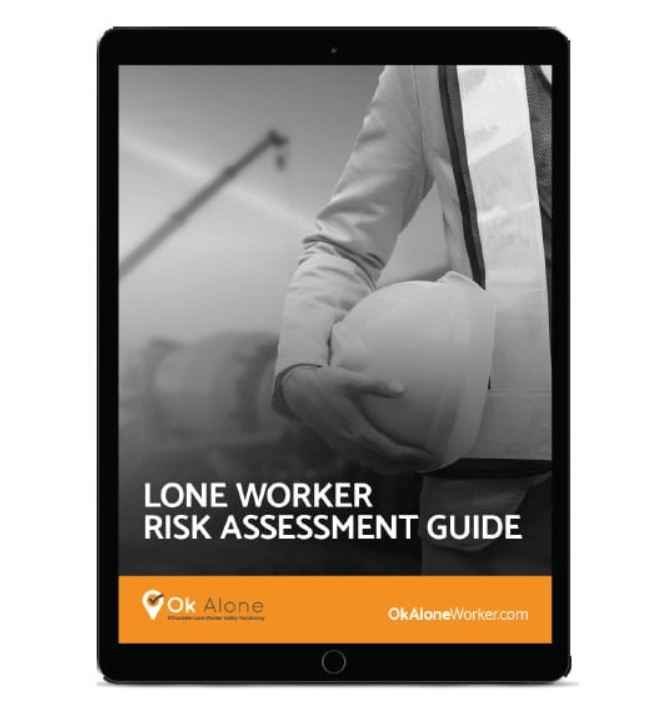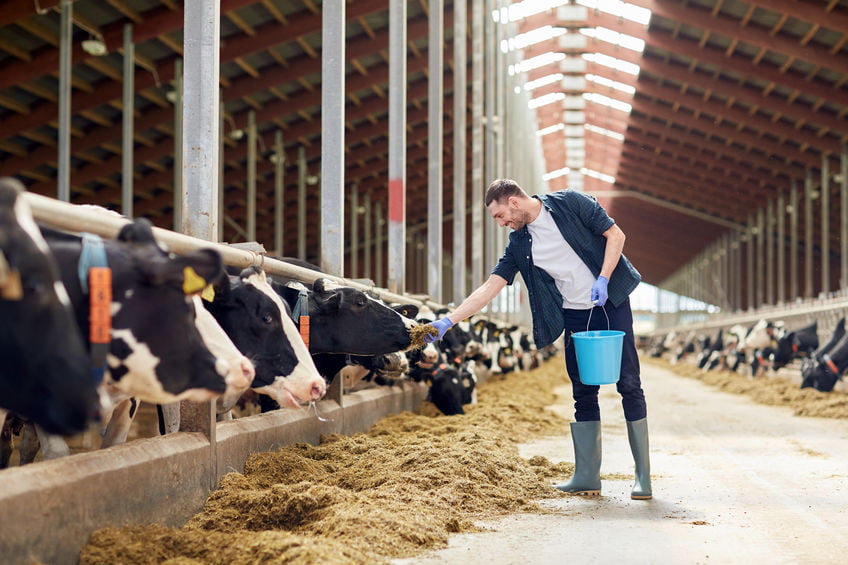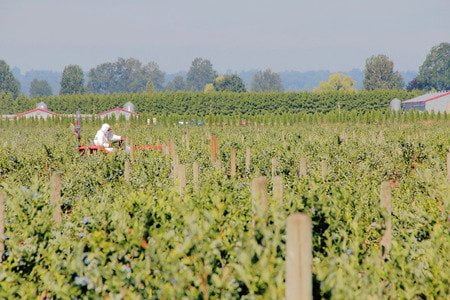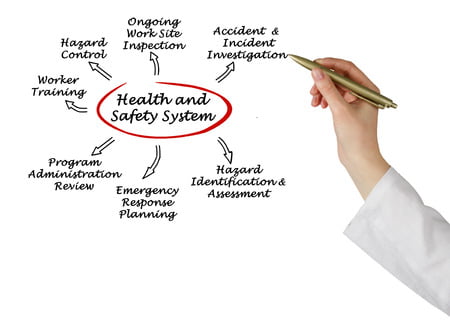Compliance with provincial and federal Occupational Health & Safety legislation plays an important role in the success of any business and contributes in worker productivity and morale.
Security Guard Lone Worker Policy and Hazard Assessment
Security staff are often at work on their own; they cannot be seen or heard by another worker; cannot expect a visit from another worker; and know assistance is not readily available to them if needed. It’s important for employers to take into account the wide variety of situations where security guards work alone. It’s …
















